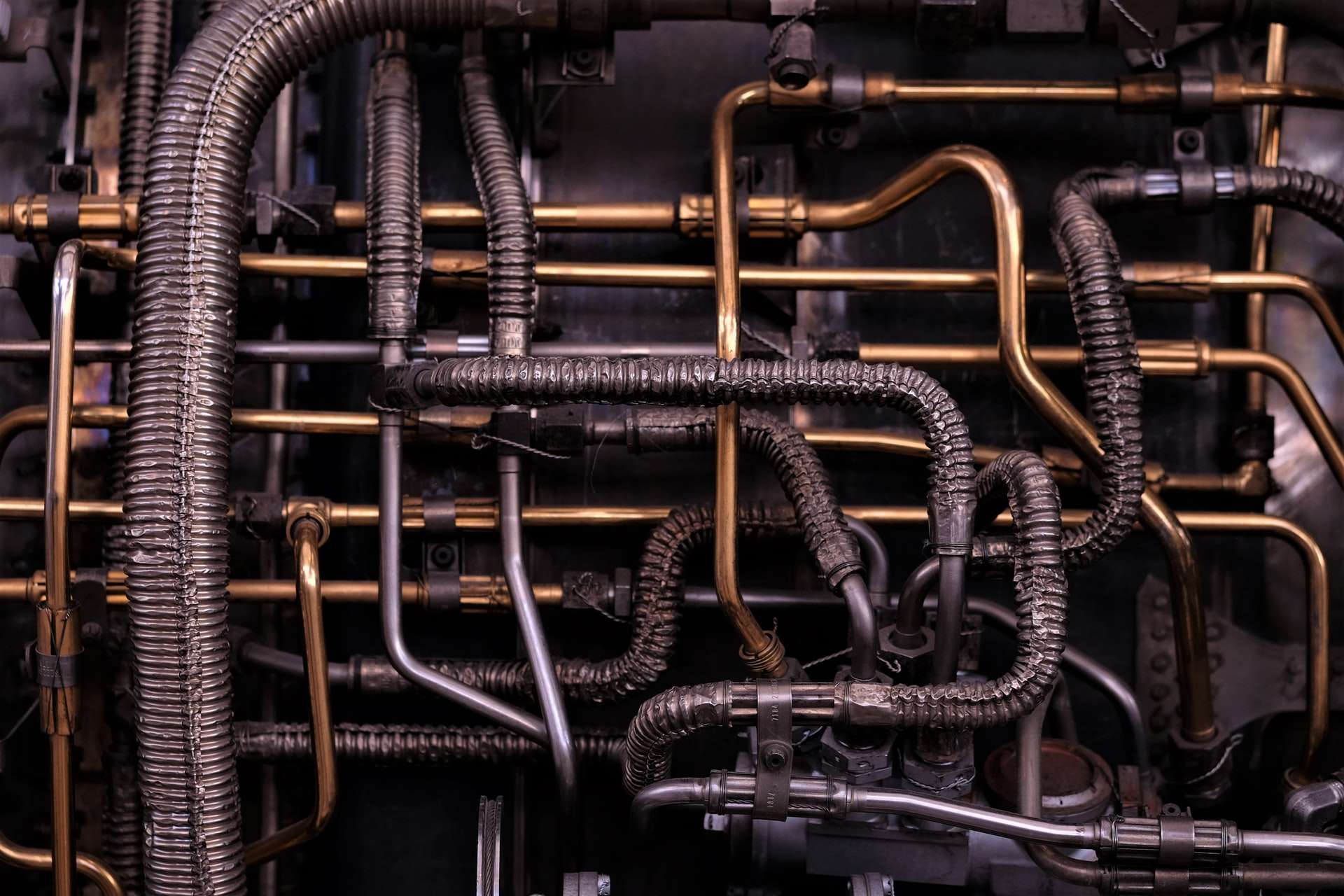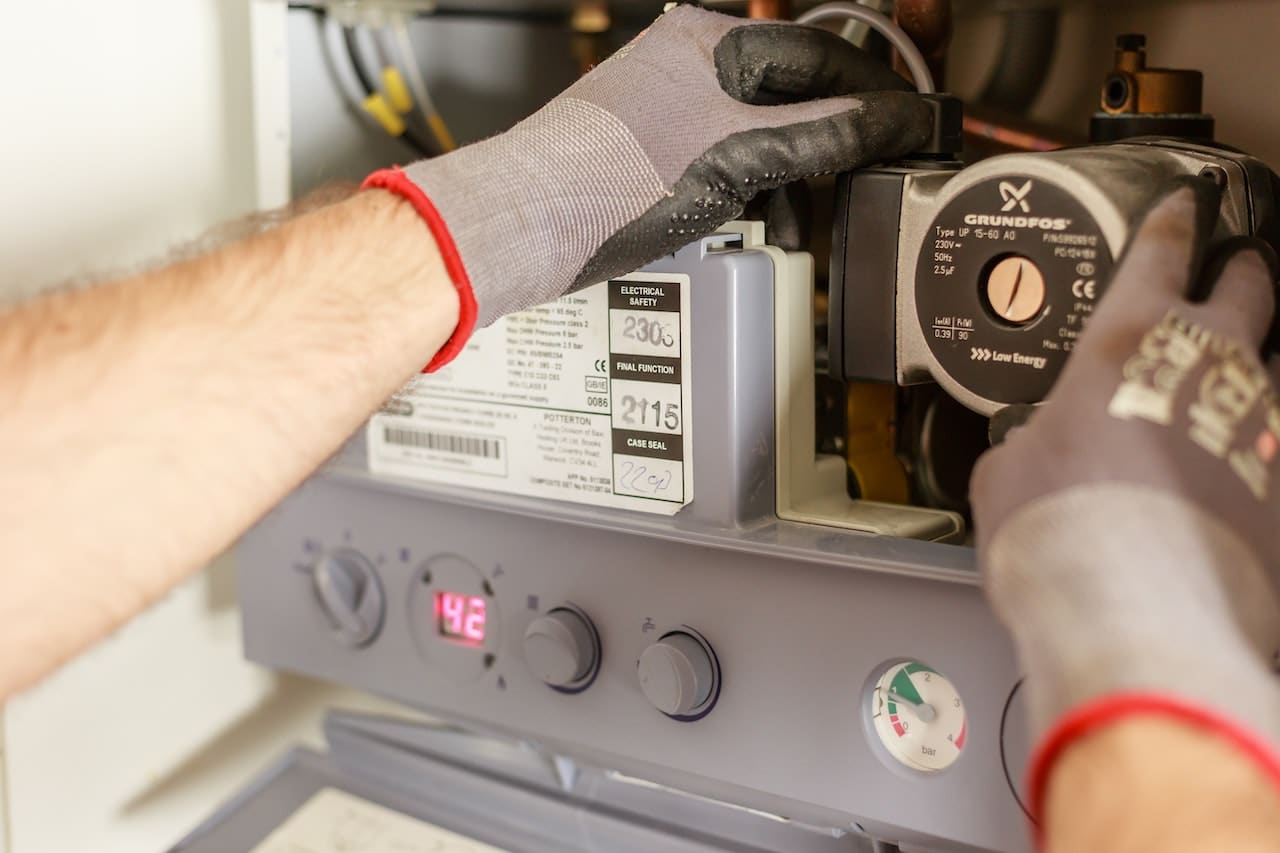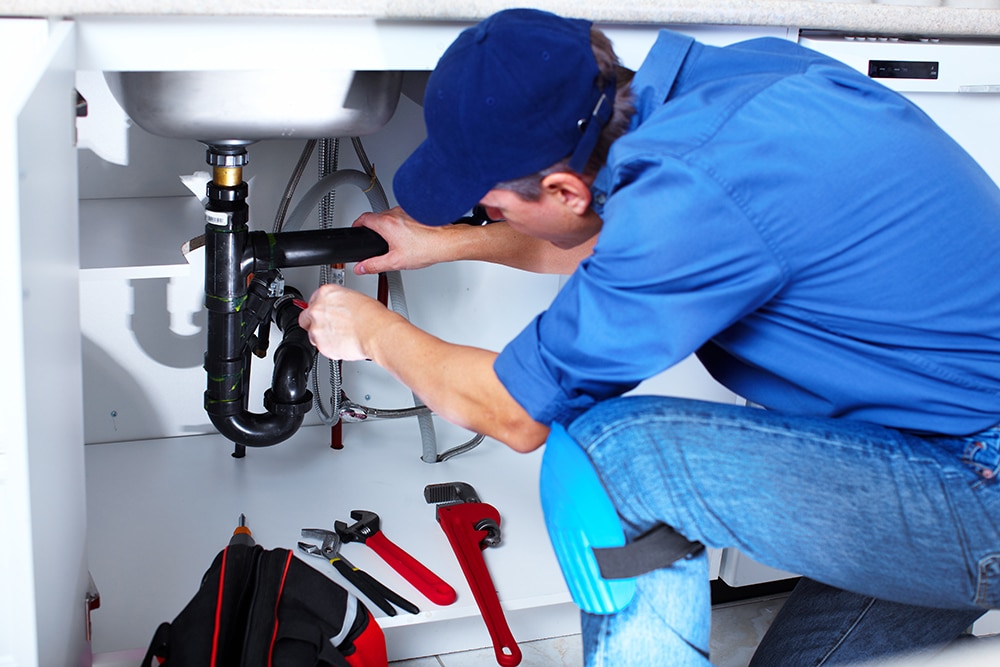The home’s plumbing is one of its most vital components because it’s essential for many household functions. From showering and using the toilet to gardening and drinking fresh water, this system is as important as electricity—if not more. It’s perhaps the most used yet heavily underappreciated part of a property.
Plumbing works in privacy—hidden within walls, cupboards, and underground to provide people with their water and sanitation needs. As a result, no one spends much thought on it. Still, it carries many duties and is invaluable in any property. If it’s done correctly, it keeps a home safe and comfortable. However, problems with this system can lead to catastrophic and costly results.
Knowing more about plumbing is one of the best ways to appreciate the complexities of this system, and it can also help you save time, money, and effort when you encounter a problem. With this, here is a guide on this vital yet underappreciated part of your home.
How Does Plumbing Work?
Plumbing uses the laws of physics to provide you with your needs. It uses concepts like pressure, gravity, and water seeking its own level. More than just flashy scientific terms, these ideas are vital to every component of the system. Water always operates under these conditions to travel throughout your home.
The system has two distinct categories, which are supply and drainage. The former brings freshwater within the home for people to use, while the latter takes wastewater out. These two subsystems typically do not overlap, but there are bridges connecting them and making them work together efficiently. These “bridges” are what we call fixtures.
Water passes through a meter that measures the amount you use as it enters your home. Near this meter, you will typically see one of the most critical parts of your plumbing system: the main water shutoff valve.
The Main Water Shutoff Valve and Its Importance
The main shutoff valve serves as the primary entry point for water from the city supply to your property. It provides water to every fixture in your home, from sinks to washing machines to toilets.
In case of a plumbing emergency, such as a burst pipe, it’s best to locate the main shutoff valve right away and shut the water supply off. Doing so will stop water from entering the property’s plumbing system, preventing floods and other extensive damages.
Although shutoff valves are integral in halting the home’s water supply, most fixtures have their own stop valves. These components allow you to stop the flow of water in an isolated manner, taking care of the problematic toilet, tub, or faucet without turning off the entire home’s water supply.
Some main water shutoff valves sit somewhere that may not be visible, such as a cupboard or drywall. However, it’s always vital to know its location. Equally important is to ensure that it’s in working order.
If it doesn’t have a handle, has signs of rust, or becomes too stiff to move, it may be time to call a plumber and replace the faulty component. They will call the water department supplying your home and request them to shut off the property’s supply at the curb stop, which is a city-owned valve that plumbers may not have access to. After which, they can begin their repairs.
Tips to Maintain Your Plumbing System’s Order and Safety
Aside from knowing where your main shutoff valve and individual fixture stops are located, ensuring your plumbing system’s safety also requires you to properly care for its other components, such as fixtures and pipes.
Failure to take adequate care of your plumbing system can lead to numerous extensive and costly problems, so it’s always important to avoid damaging its components and maintain them every once in a while. Here are some tips to help you protect your home from plumbing issues:
Tip #1: Be Mindful of What Goes Down the Toilet
Toilet clogs are among the most common causes of plumbing problems that many households encounter. Almost all of the time, they happen because people tend to flush what should not be flushed, such as non-dissolvable solids. They often block the pipes and prevent the toilet’s contents from passing through, which can get messy real quick.
Items that people should avoid flushing include cotton balls, prescription medication bottles, non-flushable wipes, hygiene products, and even small pets. If a non-dissolvable solid like a shampoo bottle cap or a toy falls into the toilet, it’s best to scoop it out rather than deal with the mess that comes afterward.
If the toilet continues to clog despite your best efforts to control what you flush, there may be other factors at play. Calling a plumber can help you determine the cause.
Tip #2: Throw Oil or Grease in the Compost Bin
Dumping oil or grease down the drain is one of the most damaging practices that one can make. Although it makes sense to pour liquids down the drain, these substances can build up in the pipes and cause blockages, leading to many different problems.
Instead of letting them go down the drain where they can cause multiple issues, it’s best to store oil and grease in a container and throw them in the trash. Alternatively, you can wait for them to solidify and put them in the compost bin.
Tip #3: Don’t Turn the Tap Too Tightly
Dripping faucets are never fun to have, as they’re a waste of water and can even keep people up at night. Many people turn their taps off too tightly in an attempt to prevent these drips, but this can be counterintuitive. It puts unnecessary pressure on the seal and can damage it in the long run. It’s best to shut off the faucet with the right amount of force.
Contact a Plumber Today
The plumbing system is one of the most vital yet undervalued parts of a home. Although it’s often hidden in plain sight, it deserves the care and attention homeowners give other parts of their property. By keeping this guide and the aforementioned tips in mind, you can prevent problems with your system and keep your house as safe, clean, and comfortable as possible.
If you’re looking for Santa Clarita plumbers that can help you with your plumbing problems, Candu Plumbing & Rooter is the place to call. We’ll provide you with 24/7 services to take care of the issue as promptly as possible. Contact our professionals to take care of your emergency today!



